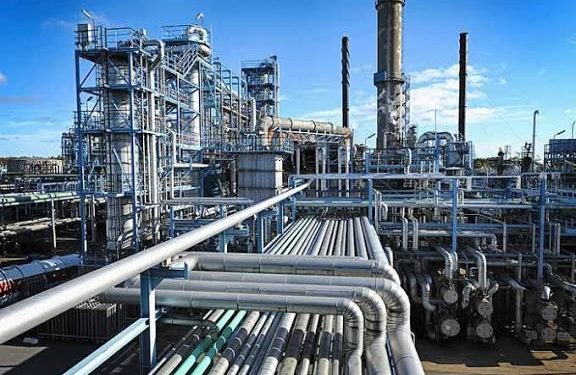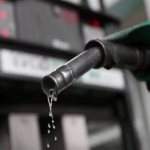The Coalition of Civil Society Organisations in Nigeria and the Nigerian Interfaith Forum have called on the Federal Government to strengthen the Petroleum Industry Act to prioritise and protect local refineries. The groups also voiced strong support for the Dangote Refinery while condemning fresh demands for subsidies by oil marketers under the Depot and Petroleum Products Marketers Association of Nigeria.
The groups made the call during a press briefing in Abuja, warning that some of the demands by oil marketers could return the country to the “era of subsidy fraud.” They accused DAPPMAN of promoting policies that favour fuel importation over domestic refining, describing a proposed N75 per litre freight and operations cost estimated at N1.5 trillion as exploitative and unnecessary.
COCSON president Ibrahim Suleiman noted that Dangote Refinery had exported over 3.2 million metric tonnes of refined products in just three months, demonstrating its production capacity. He criticised DAPPMAN for importing 3.6 million metric tonnes during the same period, a move he said undermines Nigeria’s economic growth. Suleiman urged Nigerians to boycott any marketer or depot aligning with what he described as DAPPMAN’s “exploitative scheme.”
The coalition further demanded the introduction of stronger anti-monopoly laws to break up entrenched importation cartels and ensure a fair operating environment for local refineries.
The dispute intensified after DAPPMAN urged Dangote Refinery to make its products more accessible and affordable to marketers, arguing that collaboration would stabilise supply and end fuel queues nationwide. In response to claims that marketers were lobbying for subsidies, DAPPMAN spokesperson Ikem Ohia said negotiations were ongoing to “bridge the gap,” denying that subsidies were being sought.
Business leader Femi Otedola also waded into the debate, advising marketers to adapt to current realities by restructuring and considering a takeover of the Port Harcourt Refinery instead of opposing Dangote’s business model. Meanwhile, the Petroleum Products Retail Outlets Owners Association of Nigeria highlighted logistics challenges, noting that the available 4,000 trucks were insufficient to ensure steady distribution nationwide.
Dangote Petroleum Refinery has maintained that it will not absorb the logistics costs marketers want transferred to it, insisting that it sells products based strictly on production costs and regulated margins. The refinery dismissed DAPPMAN’s subsidy claims of over N1.5 trillion as “false and unfounded,” adding that marketers, like all industry players, are responsible for transporting products to their depots. It also reiterated that the Federal Government abolished petroleum subsidies in May 2023.
For MSMEs operating in downstream oil services, logistics, and supply chains, the outcome of this policy debate will have significant implications. A stronger Petroleum Industry Act and prioritisation of local refineries could stabilise fuel supply, reduce costs in the long term, and create new opportunities for small businesses in transportation, storage, and retail distribution.










